World's Best LMS
Talent Development
Empowering organizations to enhance development and open broad vistas of improvisation through innovative and technology driven platforms and shaping your teams to be future ready and fully equipped with knowledgeable resources thus ensuring individual growth and improvisation of required skill sets and organizational growth, development and increased ROI in totality.

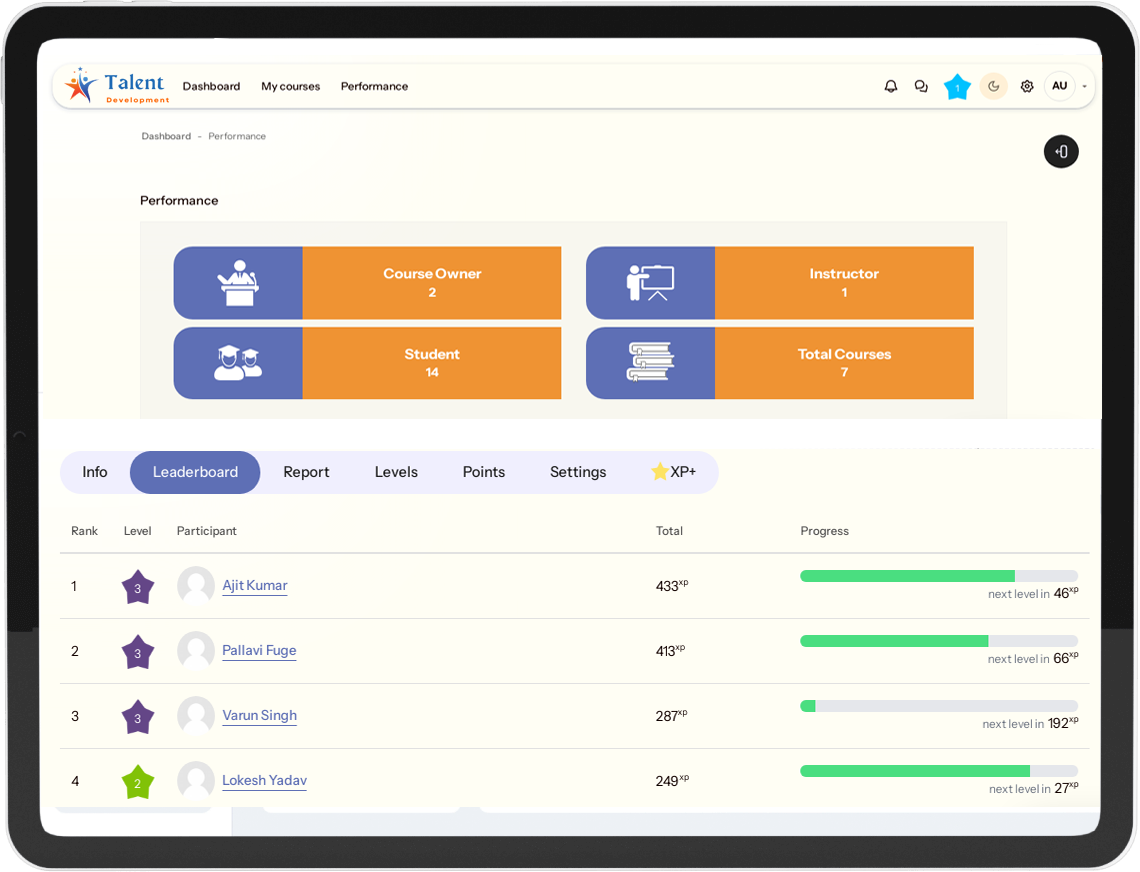
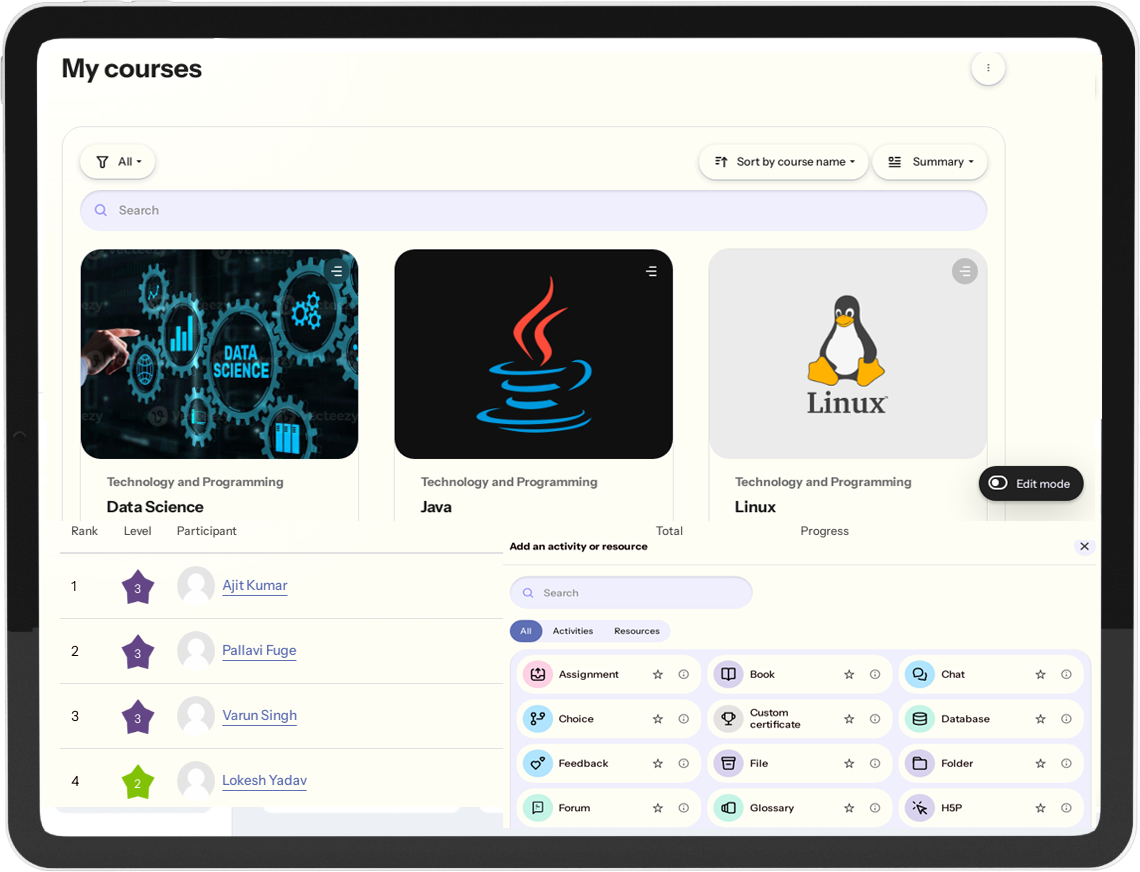
Key Features
Seamless Learning Experience
What It Is: A seamless experience ensures that learners can focus solely on content without technical interruptions or a steep learning curve.
- How It Helps:
- Intuitive UI/UX: The LMS is designed for simplicity and efficiency, making it easy for learners, instructors, and administrators to navigate.
- Cross-Platform Access: Learners can access the LMS across devices (desktop, mobile, tablets) and operating systems for uninterrupted learning.
- Single Sign-On (SSO): Enables users to log in quickly and securely, integrating with existing enterprise systems.
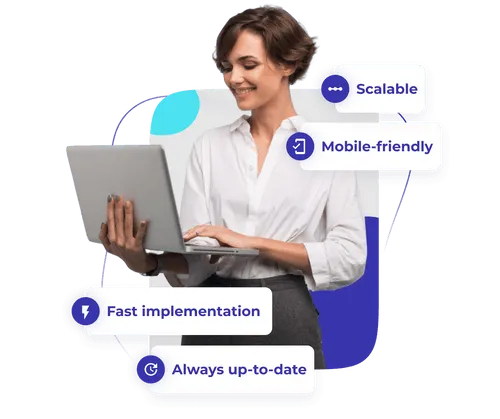
Natural Language Processing
What It Is: AI-driven technology that personalizes and enhances user interactions with the LMS.
- How It Helps:
- Chatbots & Virtual Assistants: Provide real-time answers to queries, guide users, and assist in troubleshooting.
- Personalized Learning Recommendations: Analyzes user behavior to suggest tailored courses and content.
- Accessibility Features: Includes voice commands and transcription capabilities, making the LMS inclusive and efficient.
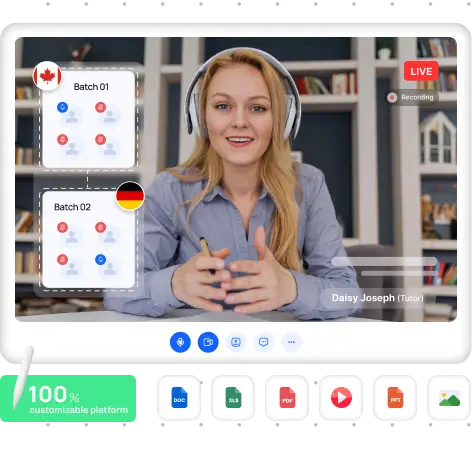
Competency-Based Learning
What It Is: A framework that aligns learning content with the skills and competencies needed for success.
- How It Helps:
- Skill Gap Analysis: Identifies gaps between current and desired competencies, creating targeted learning plans.
- Custom Learning Paths: Offers personalized training aligned with individual roles and career goals.
- Performance Tracking: Monitors progress toward achieving competencies, ensuring measurable outcomes.
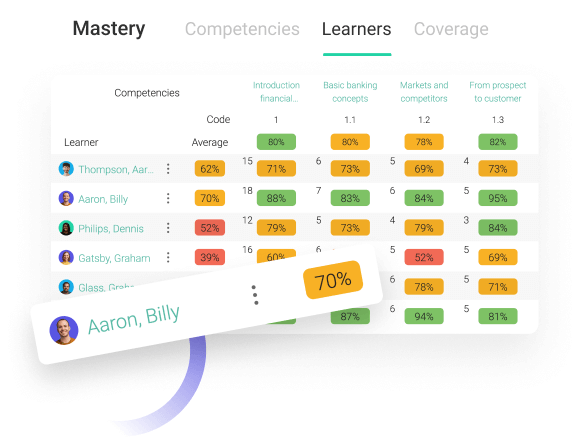
Adaptive Learning Paths
What It Is: A system that dynamically adjusts content based on a learner’s performance and needs.
- How It Helps:
- Tailored Learning: Prioritizes content in areas where learners need improvement.
- Efficiency: Skips already-mastered topics, saving time and increasing focus on weak areas.

Real-Time Reporting and Analytics
What It Is: Tools to track and visualize learner progress and program success.
- How It Helps:
- Insightful Dashboards: Provide detailed data on engagement, course completion rates, and skill development.
- Actionable Insights: Helps administrators optimize training strategies and measure ROI.
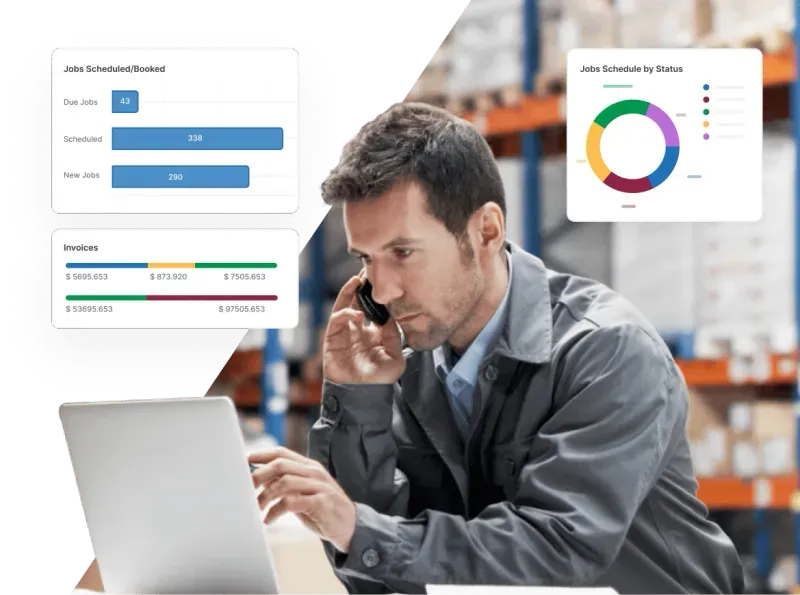
Gamification and Engagement Tools
What It Is: Features like leaderboards, badges, and rewards to motivate learners.
- How It Helps:
- Boosts Retention: Increases engagement through interactive learning.
- Fosters Collaboration: Enables team challenges and discussion forums.
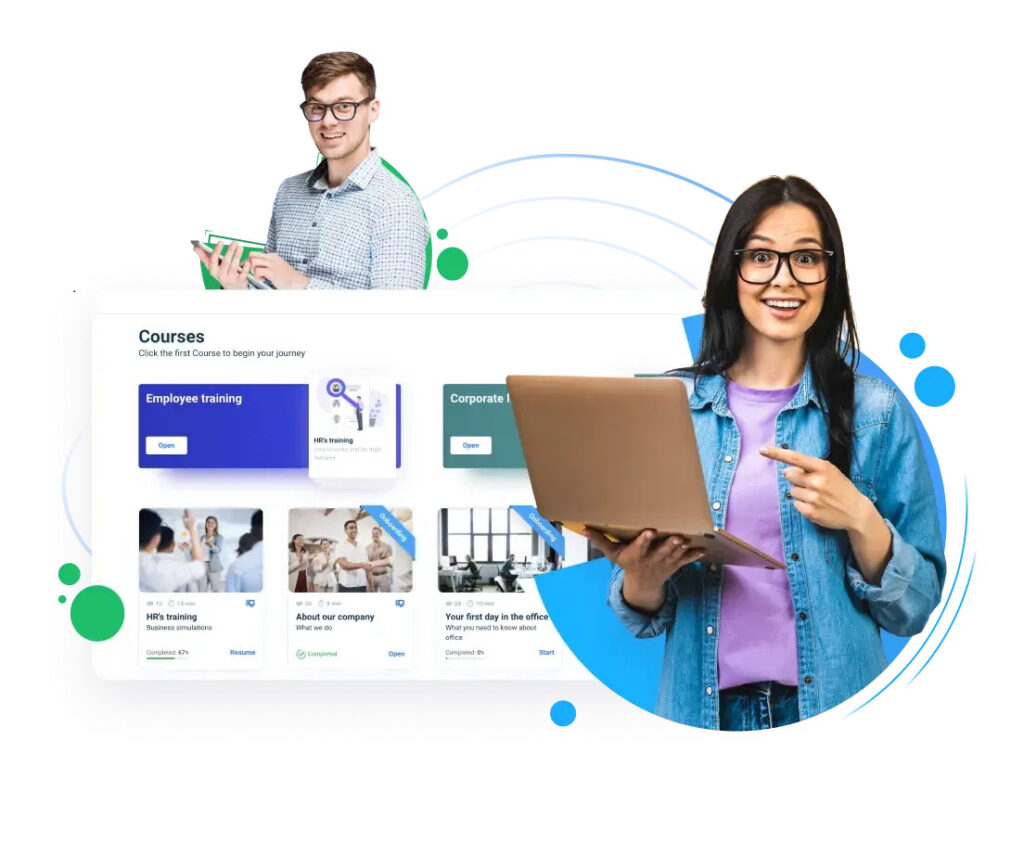
Scalability and Flexibility
What It Is: A modular LMS that grows with your organization.
- How It Helps:
- Custom Features: Easily adds functionalities as business needs evolve.
- Global Scalability: Supports multiple languages, currencies, and regions.
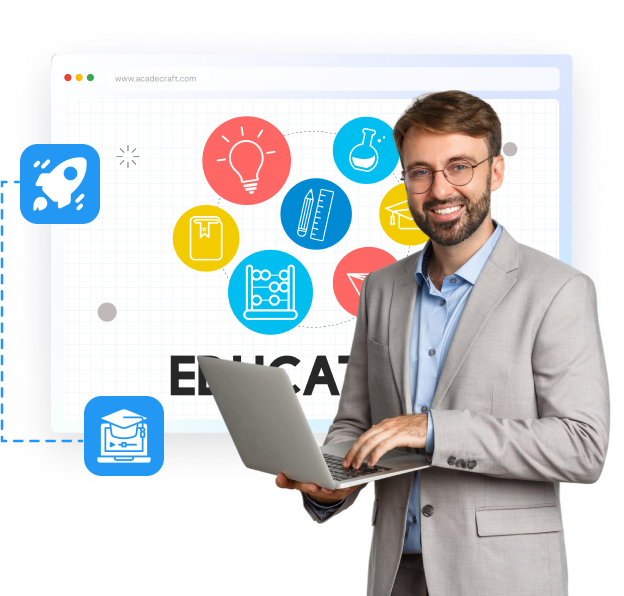
Experience the Future of Learning with Talent Development LMS!
Book Your Free Demo Today and Unlock Seamless, AI-Powered Training Solutions

Why Choose Talent Development LMS ?
Talent Development LMS equips industries like banking, finance, education, healthcare, manufacturing, training, and more with personalized, AI-driven learning that enhances skills, ensures compliance, and delivers 2x ROI by driving measurable performance and productivity.
Client Testimonial
The Talent Development LMS has completely transformed our training approach. Its competency-based learning system ensures our employees gain the exact skills they need for success. Plus, the seamless integration with our existing tools made implementation a breeze!
Talent Development LMS Pricing Plans
Unlock Flexible Plans that Scale with Your Organization's Growth and Learning Needs"
Basic Plan
- Personalized Learning Paths
- Adaptive Assessments & Quizzes
- Gamified Learning Modules
- Interactive Multimedia Content
- Admin & L&D Manager Dashboards
- Real-Time Analytics & Progress Tracking
Advanced Plan
- Includes All Basic Plan Features Plus:
- Generative AI
- AI-powered content
- Automated lesson plan
- AI-driven learning
- Advance Reporting
Premium Plan
- Includes All Basic &Advanced Plan Features Plus
- Natural Language Processing
- Real-time, personalized feedback
- AI-based automated grading
- Voice-activated learning
FAQ - Learning Management System (LMS)
A Learning Management System (LMS) is a software platform used to deliver, manage, and track educational content and training programs. LMS solutions help organizations streamline learning processes, track learner progress, and enhance overall training effectiveness. Whether used for employee training or educational courses, an LMS is essential for modernizing learning experiences.
Implementing an LMS allows organizations to deliver structured and scalable training programs, track progress, and ensure consistent learning experiences. An LMS can improve employee skills, increase productivity, and help businesses achieve their development goals. It also makes learning more accessible, reducing the need for in-person sessions.
An LMS improves employee training by providing a centralized platform where employees can access training materials anytime, anywhere. It allows companies to monitor progress, assess knowledge retention, and streamline onboarding processes. With features like assessments, certifications, and real-time analytics, an LMS ensures more effective and efficient training programs.
The key features of an LMS include:
- Course management: Create, organize, and deliver content.
- Tracking and reporting: Monitor learner progress and generate reports.
- Mobile accessibility: Access learning materials on any device.
- Multimedia support: Use videos, quizzes, and interactive elements.
- Customization: Tailor the system to your organization’s needs.
- Compliance and certification: Ensure legal compliance and track certifications.
An LMS is a powerful tool for talent development, enabling businesses to continuously upskill employees and foster a culture of learning. Benefits include:
- Streamlined training programs.
- Greater employee engagement.
- Improved skill tracking and certification.
- Increased productivity and performance.
- A higher return on investment (ROI) through targeted learning initiatives.
The cost of an LMS depends on the platform's features, the number of users, and your organization’s specific needs. LMS pricing models typically include subscription fees, pay-per-user pricing, or one-time licensing fees. It’s essential to choose an LMS that offers flexibility and scalability to fit your budget while meeting your learning goals.
Yes, most modern LMS platforms are highly customizable. Whether you need to integrate with other software, brand the system with your logo, or offer courses in multiple languages, an LMS can be tailored to meet your organization’s unique needs. Customization options include content creation, user permissions, and reporting capabilities.
Yes, many LMS platforms are mobile-friendly, allowing learners to access courses and training materials from smartphones and tablets. This flexibility ensures that training can be completed on-the-go, increasing engagement and completion rates among employees.
An LMS increases employee engagement by offering interactive and personalized learning experiences. With features like gamification, badges, certificates, and progress tracking, employees stay motivated and invested in their learning journey. The ability to take courses at their own pace also contributes to higher completion rates.
Yes, many LMS platforms offer seamless integration with other software systems such as HRMS (Human Resource Management System), CRM (Customer Relationship Management), and ERP (Enterprise Resource Planning). This integration helps organizations streamline workflows, manage learner data, and improve reporting capabilities.
An LMS can benefit organizations in a variety of industries, including:
- Corporate training: Improve employee skills and compliance.
- Healthcare: Train staff on medical protocols and certifications.
- Education: Deliver online courses and manage student progress.
- Retail: Enhance customer service and product knowledge.
- Government: Streamline employee development and compliance training.
When choosing an LMS, consider your organization’s size, training goals, and budget. Look for features that meet your needs, such as mobile compatibility, reporting capabilities, and scalability. You should also consider customer support, ease of use, and the ability to integrate with existing systems.
A cloud-based LMS is hosted online and managed by the service provider, offering flexibility and ease of access from any device. An on-premise LMS is installed and maintained on your organization’s servers. Cloud-based LMS platforms are often more cost-effective, scalable, and easier to maintain, while on-premise solutions may offer greater control over data security.
Yes, an LMS is ideal for compliance training, as it enables organizations to deliver training on legal regulations, safety protocols, and company policies. With features like tracking, reporting, and automated reminders, an LMS ensures that employees complete required courses on time and remain compliant with industry standards.



